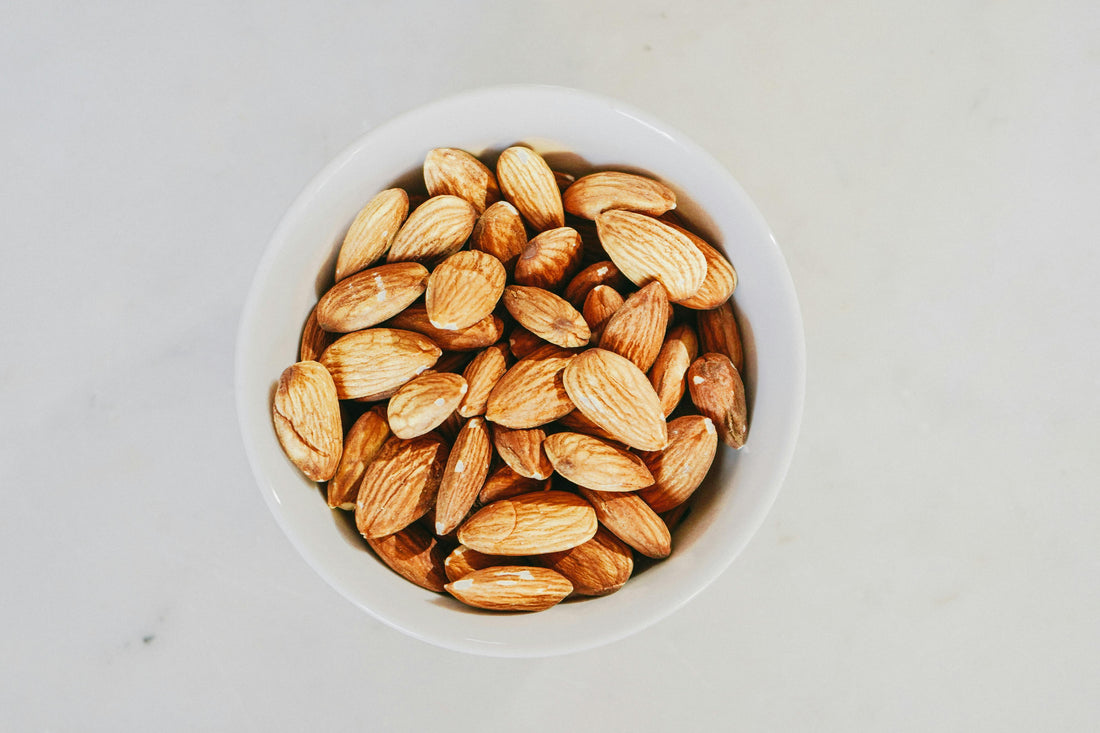
The Plant-Powered Scalp: Ensuring Optimal Hair Health on a Vegan or Vegetarian Diet
Share
The decision to embrace a vegan or vegetarian diet is often driven by a deep commitment to personal health, environmental sustainability, and ethical values. This conscious shift in eating patterns can be incredibly beneficial for overall wellness, but it also necessitates a more strategic approach to nutrition to ensure the body receives all the essential building blocks it needs. The health of your hair and scalp serves as a visible barometer of your internal nutritional status. Hair follicles are among the most metabolically active cells in the body, and their constant cycle of growth and renewal demands a steady supply of specific micronutrients. When these are in short supply, the body prioritizes vital organs, and the non-essential process of hair growth can be compromised, leading to increased shedding, slow growth, and a lackluster appearance. Understanding which nutrients require special attention is the first step toward thriving on a plant-based diet, with a vibrant scalp and hair as a clear sign of success.
One of the most critical nutrients for hair health, and one that is a common concern in plant-based diets, is iron. Specifically, heme iron from animal sources is more readily absorbed by the body than non-heme iron from plants. Iron is a fundamental component of hemoglobin, the protein in red blood cells responsible for carrying oxygen to every tissue, including the hair follicles. When iron stores are low, a condition known as iron deficiency anemia can occur, which is a well-established cause of telogen effluvium, a form of diffuse hair shedding. For those not consuming meat, it is essential to be proactive about incorporating rich plant-based sources of iron, such as lentils, chickpeas, spinach, tofu, and pumpkin seeds. To significantly enhance the absorption of this non-heme iron, pair these foods with a source of vitamin C, such as a squeeze of lemon juice on leafy greens, bell peppers in a lentil salad, or a small glass of orange juice with a meal.
Another nutrient that demands careful attention is vitamin B12, which is naturally found almost exclusively in animal products. Vitamin B12 is crucial for DNA synthesis and the formation of red blood cells, both of which are fundamental processes for the rapidly dividing cells in the hair follicle. A deficiency in B12 can directly lead to hair loss and can also contribute to fatigue and neurological symptoms. For vegans, and to a lesser extent vegetarians, obtaining adequate B12 requires conscious effort. The most reliable sources are fortified foods, such as certain plant-based milks, nutritional yeast, and breakfast cereals, or a high-quality B12 supplement. Regular monitoring of B12 levels through blood work is a prudent step for anyone following a long-term plant-based diet to ensure optimal status for overall health and hair vitality.
Zinc is a mineral that plays a pivotal role in hair tissue growth and repair, and it also helps maintain the proper function of the oil glands surrounding the follicles. Zinc deficiency has been directly linked to hair loss. While zinc is present in plant foods like legumes, nuts, seeds, and whole grains, it also contains compounds called phytates that can bind to zinc and slightly inhibit its absorption. This does not mean adequate zinc intake is impossible; it simply means that including a variety of these zinc-rich foods daily is important. Excellent sources for plant-based eaters include pumpkin seeds, hemp seeds, lentils, and chickpeas. Soaking, sprouting, or fermenting these foods can help reduce phytate levels and improve mineral bioavailability.
While a well-planned plant-based diet is rich in many nutrients, protein is another fundamental component that must be considered. Hair shaft is composed primarily of the protein keratin, and without adequate protein intake, the body cannot produce new hair fibers efficiently, leading to weak, brittle hair and increased shedding. The key for vegans and vegetarians is to consume a variety of plant proteins throughout the day to ensure a complete profile of essential amino acids. Combining foods like beans and rice, hummus and whole-wheat pita, or tofu and quinoa provides the necessary building blocks. Lentils, chickpeas, tofu, tempeh, seitan, and a variety of nuts and seeds are all excellent protein sources that support the anagen growth phase of the hair cycle.
Beyond these key players, other nutrients contribute to the picture. Essential fatty acids, particularly omega-3s, found in flaxseeds, chia seeds, hemp seeds, and walnuts, help maintain scalp hydration and possess anti-inflammatory properties. Adequate vitamin D, which can be challenging to obtain from food alone and is primarily synthesized from sun exposure, is also important for follicle health. Building a scalp-healthy plate as a vegan or vegetarian involves intentional diversity. A day of eating might include a breakfast of oatmeal topped with flaxseeds and walnuts, a lunch of a large quinoa salad with chickpeas and a lemon-tahini dressing, and a dinner of lentil curry with spinach served with brown rice. This approach ensures a broad spectrum of hair-supportive nutrients working in synergy.
This internal nutritional foundation is what allows topical scalp care to be most effective. When your body has the raw materials it needs, the follicles are in a prime state to respond to the supportive benefits of a targeted routine. Using a treatment like Scalp Silk, with its blend of hydrating and pH-balancing ingredients, helps to maintain the ideal environment on the surface. The nourishing botanicals in a pre-wash treatment like Ground Recovery Oil can deliver additional antioxidants and support to the follicle. However, these topical solutions are best viewed as partners to a nutrient-rich diet, not substitutes for it. They work to optimize the external landscape of the scalp, while your plant-powered diet fortifies the internal landscape from which hair truly grows. By marrying mindful nutrition with conscious scalp care, you create a powerful, holistic system that supports your values and your well-being, reflected in the health and resilience of your hair.
